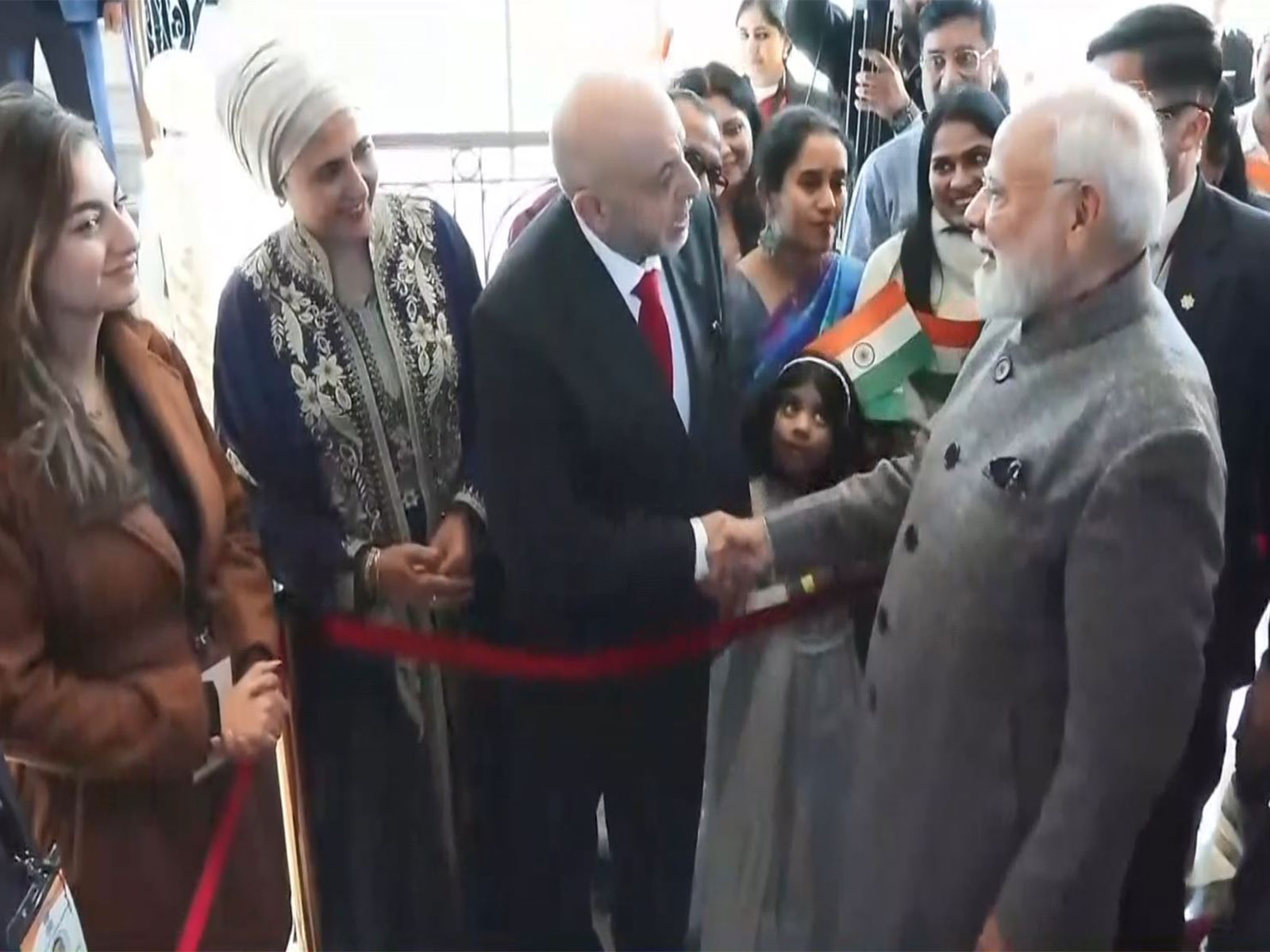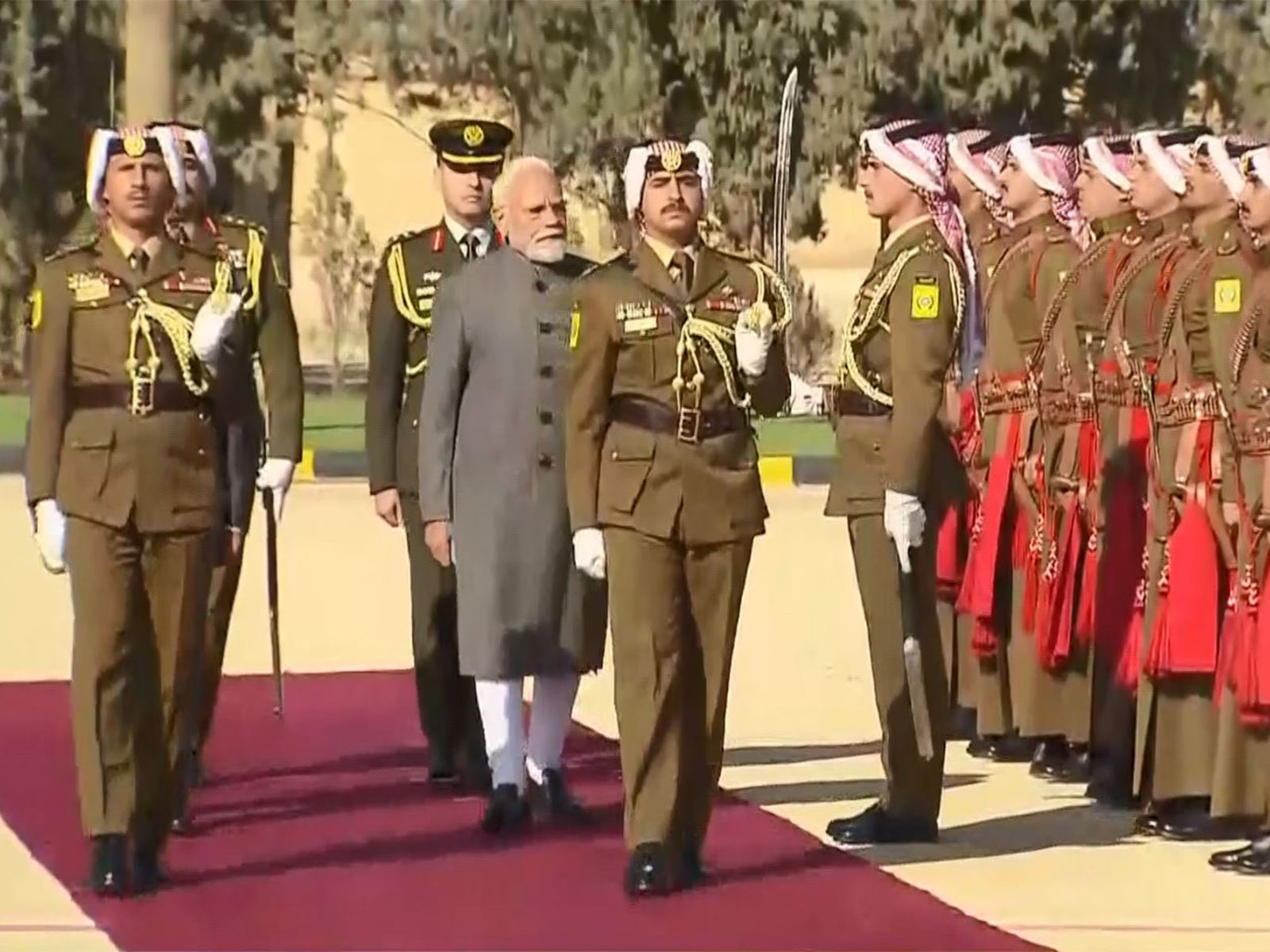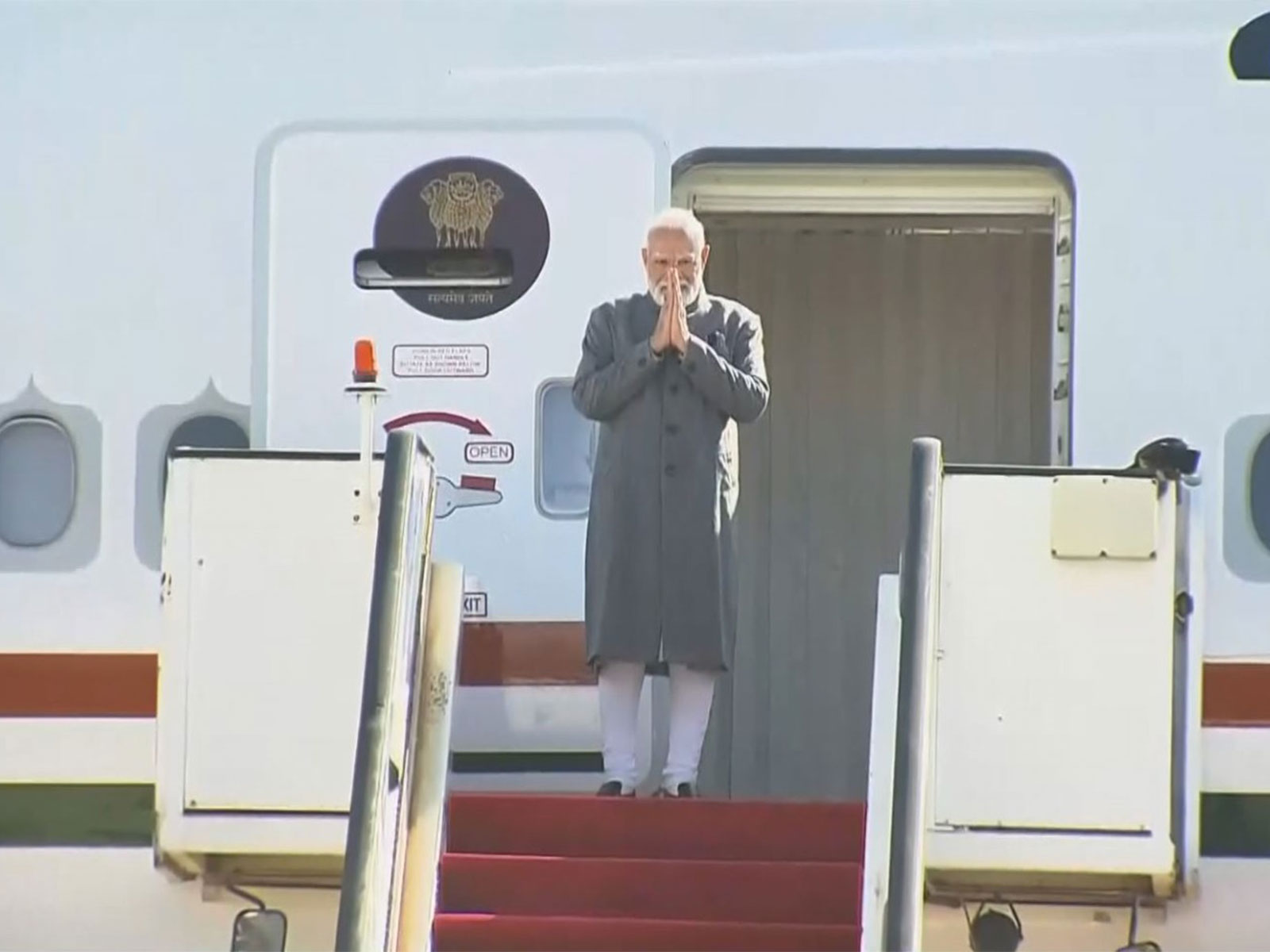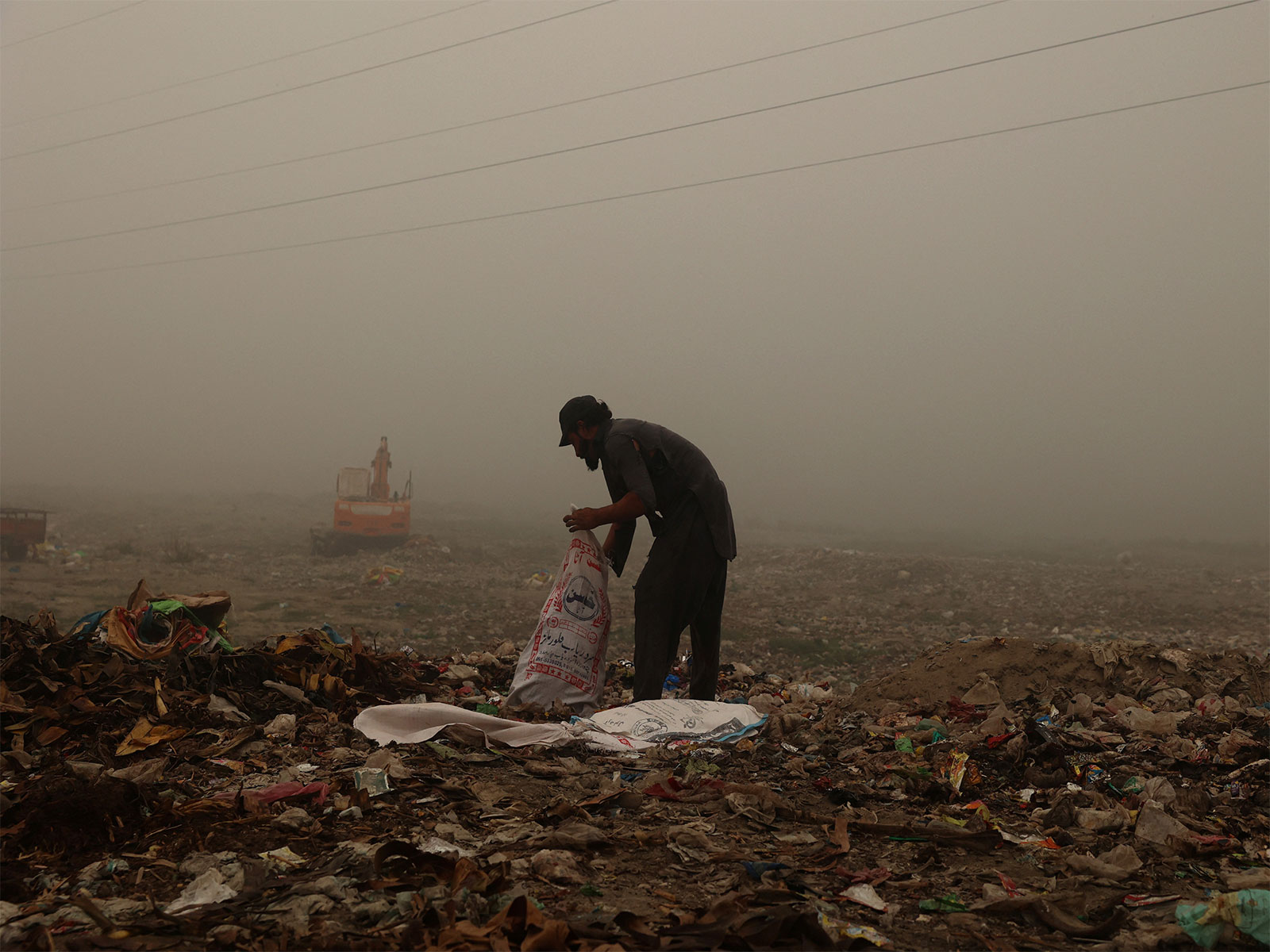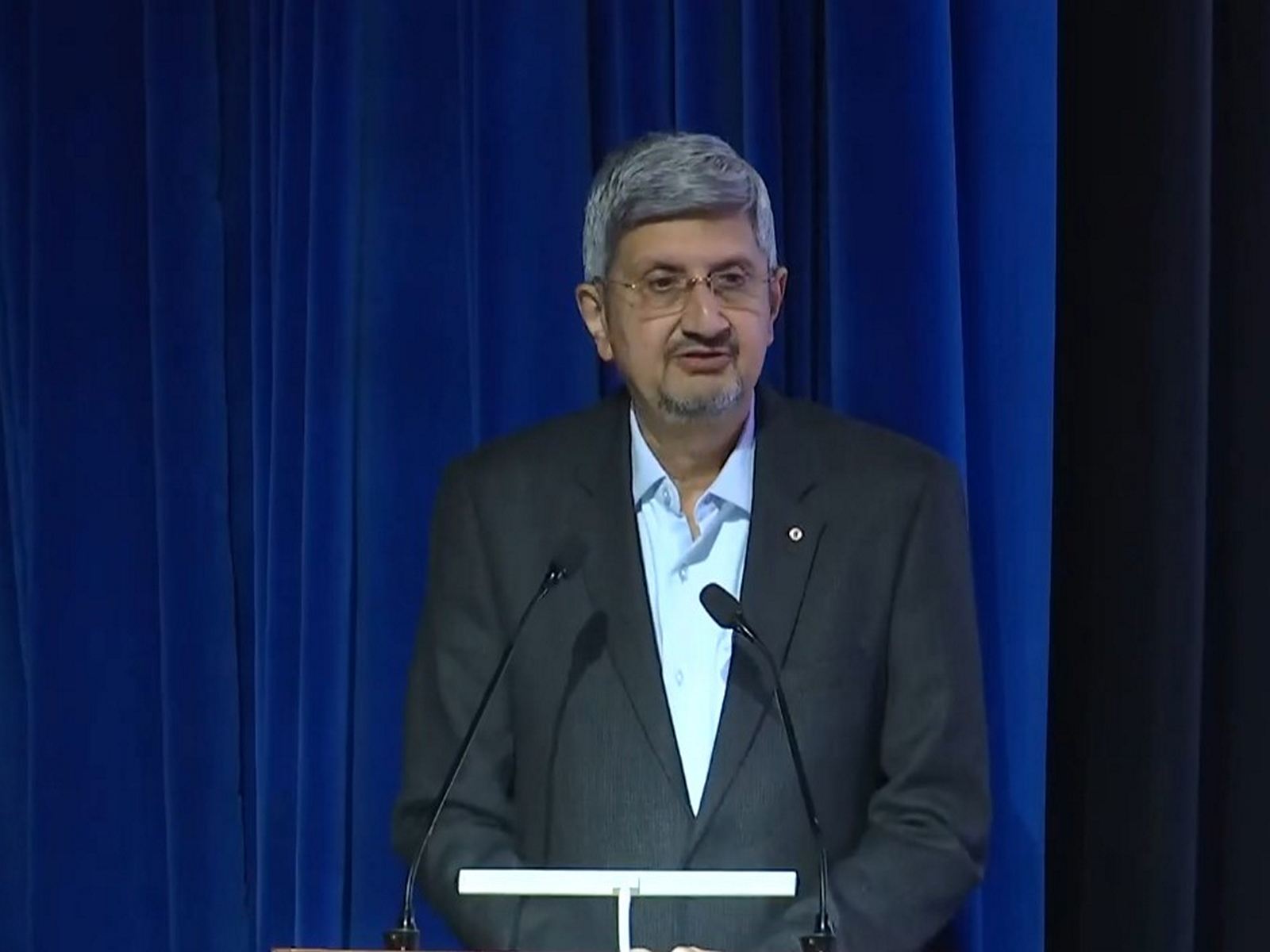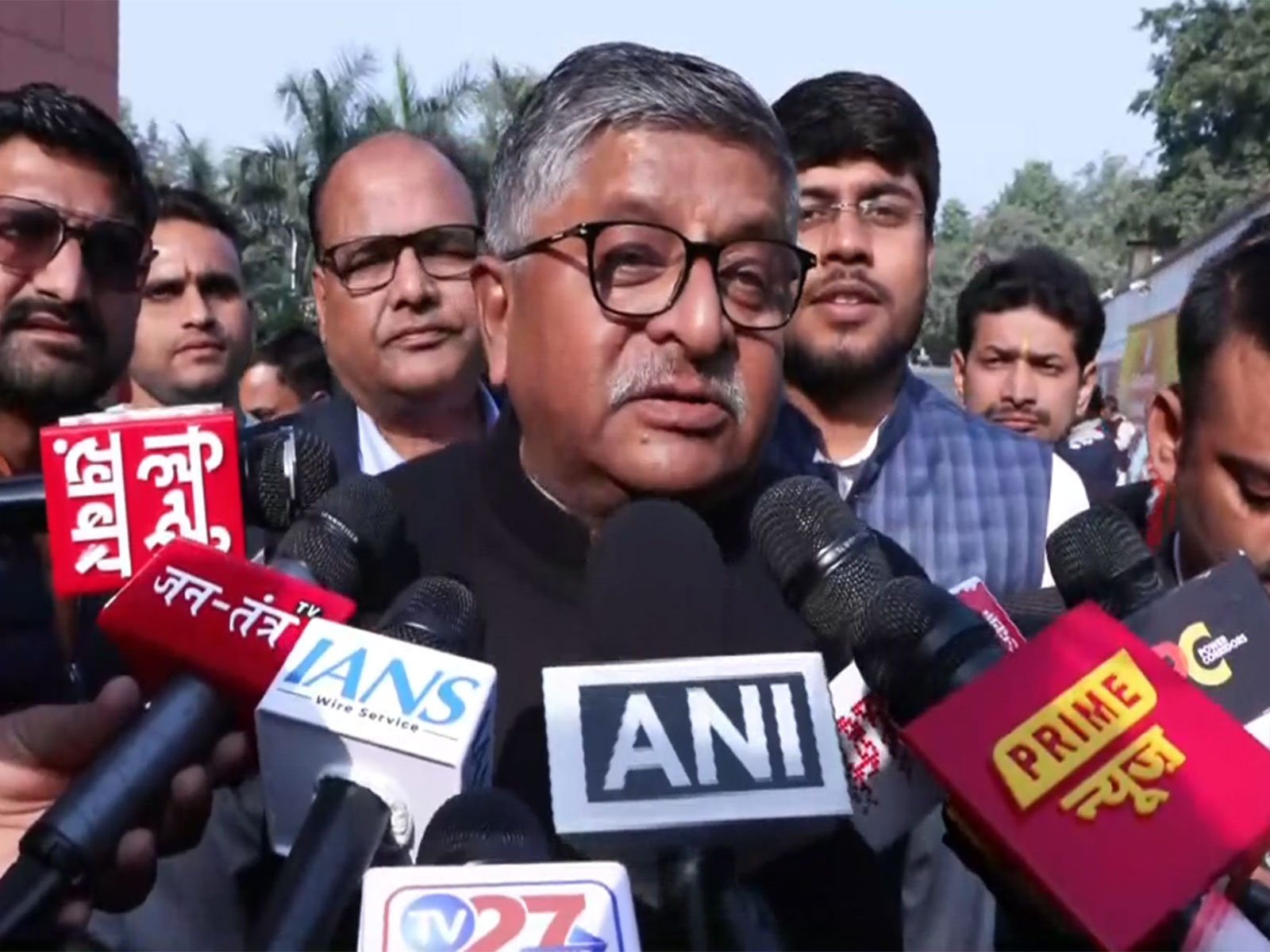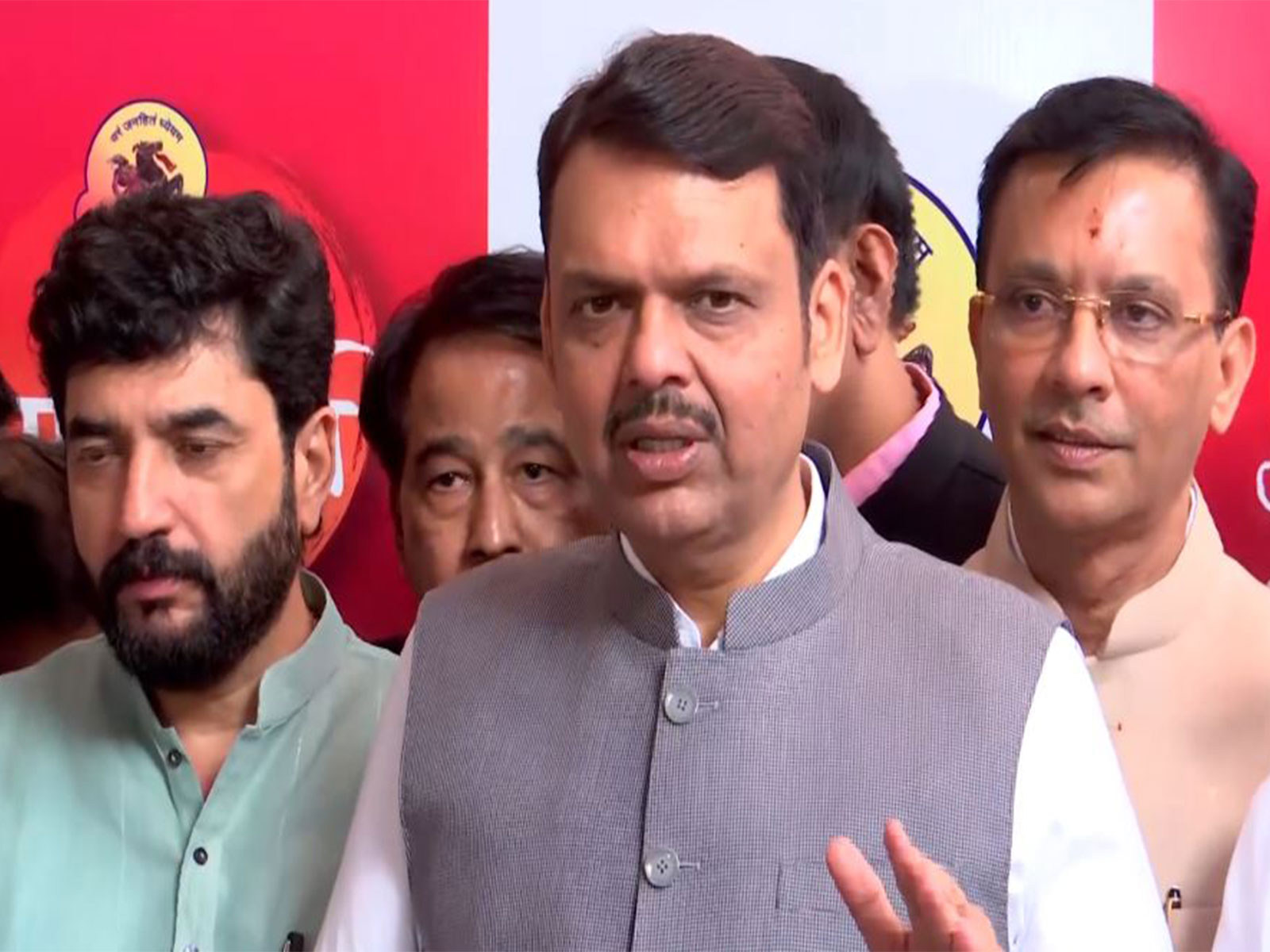India's language diversity to further boost brand India?
Dec 29, 2022

New Delhi [India], December 29 : India, with over 20 separate official languages, and hundreds of unofficial languages, is extremely linguistically diverse. Indians are extremely proud of their mother tongues, and their usage has helped in strengthening cultural identities throughout the country.
Though adopting English as a medium of communication has greatly helped India thrive globally, increasing success rates of vernacular medium students in the country have highlighted the importance of acquiring knowledge through mother tongues.
Moreover, research has also shown that when concepts are explained using familiar words and phrases, it leads to improved interpretation.
Former President of India, Dr APJ Abdul Kalam has promoted the teaching of science to children in their local languages. Further, the New Education Policy of India has emphasized education in local languages for primary classes.
As mobile broadband data has now become affordable, more Indians have access to the internet.
According to Google's 2020 report on India, about 85 per cent of online video viewers in the country prefer content in Indian languages. Therefore, the demand for content in local languages is increasing day by day.
Google also claims that the number of internet users browsing in Indian languages is expected to reach 536 million over the next four years.
Clearly aware of the trend, the Indian government and various ed-tech platforms are planning to use the range of linguistic diversity in the innovation space.
Tracking the interests of multilingual viewers, ed-tech platforms are planning to design their content in multiple languages, such as Hindi, Tamil and Bengali.
Regarding higher education and research, science, technology, and medicine are increasingly being taught in local Indian languages.
Recently, a medical curriculum in Hindi was launched in the Indian state of Madhya Pradesh by Union Home Minister Amit Shah.
The decision came as a boon for many Hindi speakers who had aspired to enter the medical profession but who previously felt excluded from doing so.
"Learning a regional language helps one to think and research broadly. Students studying in a regional language can do research better instead of being bookish from an exam point of view. ", says educationalist Jayprakash Gandhi.
The ongoing experiments of adopting tribal language as a medium of instruction in several states in India is also a large step towards eliminating the language block in learning.
The new India believes that language should not be a barrier, but instead, a facilitator in acquiring knowledge, and the steps being taken to promote regional languages are allowing more of India's citizens to take advantage of the country's competitive education programs.
